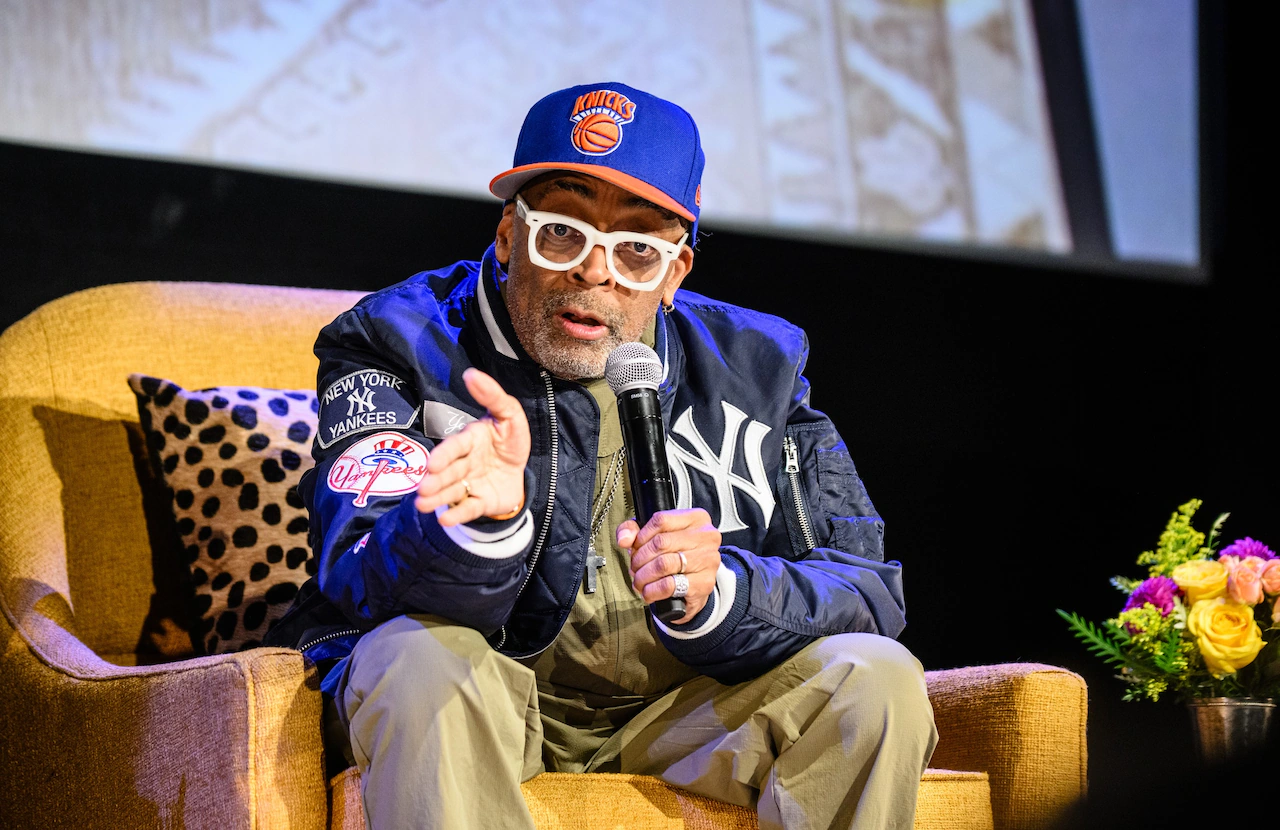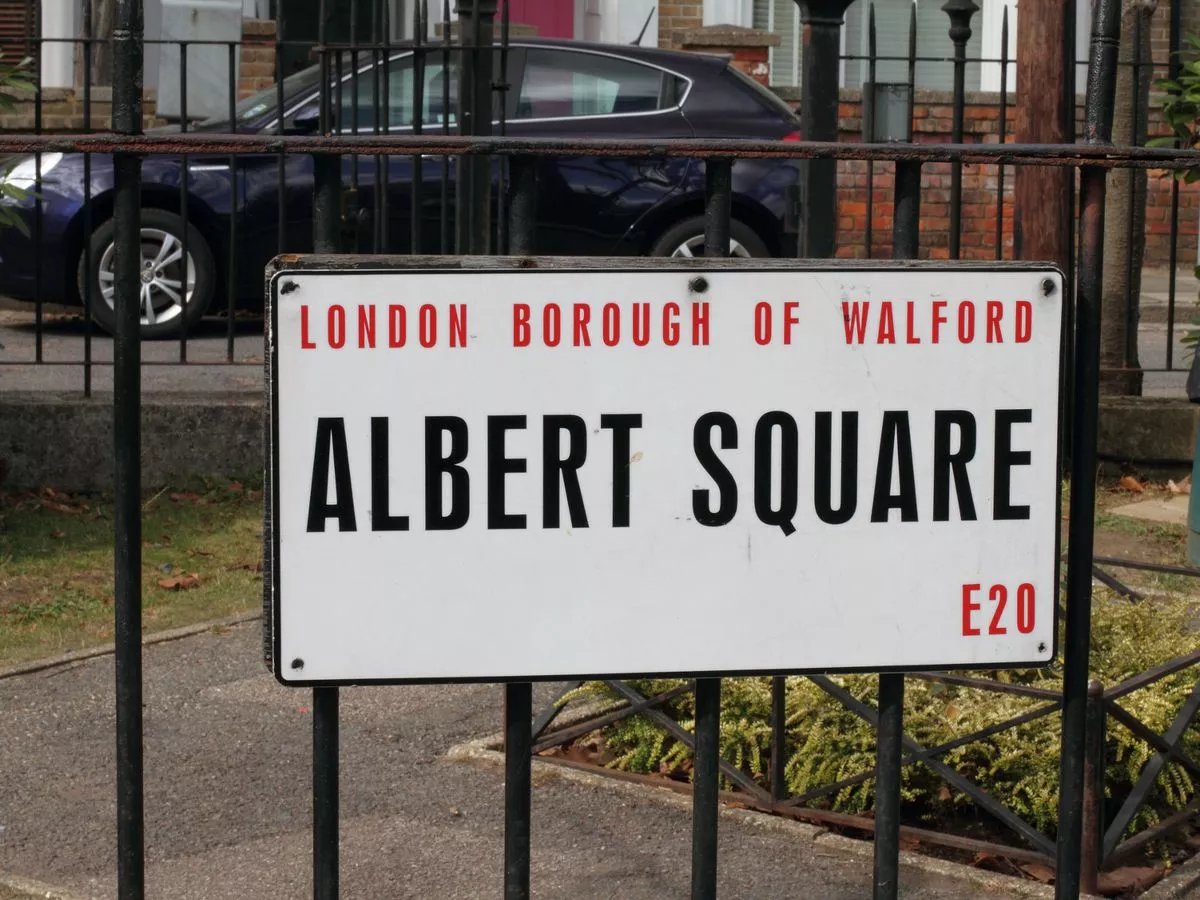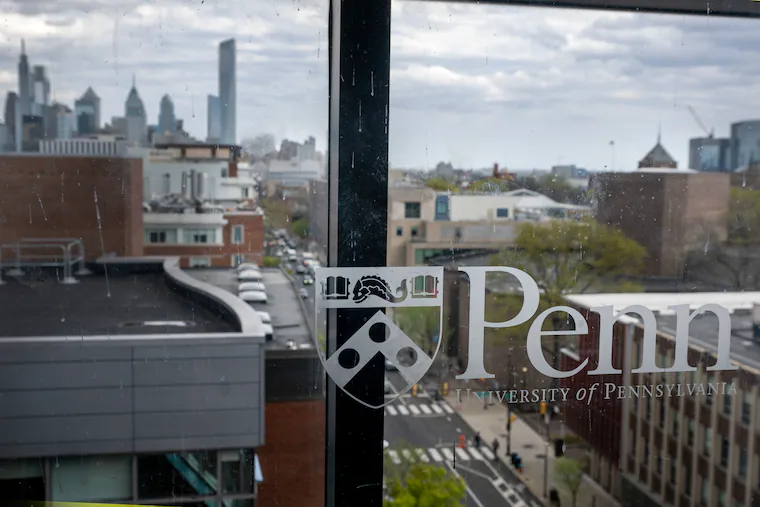Copyright Staten Island Advance

What does the great New York director Spike Lee consider the most iconic New York movie? Stephen Colbert wanted to know. “Well, it wasn’t actually shot in New York,” Lee told Colbert. “It was shot in New Jersey.” Hoboken, specifically. Lee called “On the Waterfront” his “favorite of all time.” The 1954 Oscar-winning Elia Kazan film stars Marlon Brando and a cast including Newark native Eva Marie Saint. The answer was most pleasing to a New Jersey crowd. “If you’ve not seen ‘On the Waterfront,’ see it tonight,” Lee told the audience Saturday at the Montclair Film Festival. The Academy Award-winning filmmaker was in town for a conversation with Colbert at the Wellmont Theater, where he received the festival’s filmmaker tribute award. Lee also talked about how he collaborated with “On the Waterfront” screenwriter Budd Schulberg, who won an Oscar for the film. Their screenplay, called “Save Us, Joe Louis,” follows boxer Joe Louis and his German opponent, Max Schmeling, in their bouts in the run-up to World War II. Lee said he promised Schulberg, who died in 2009, that he would get the film made one day. All the “On the Waterfront” Jersey love was very much appreciated. But to be sure, Lee, 68, fully represented New York. The Brooklyn-raised director wore his signature ensemble of Knicks hat, Yankees jacket and glasses with thick white frames. READ MORE: Conan O’Brien will join Stephen Colbert in N.J. for Montclair Film event Lee answered Montclair resident Colbert’s questions by unfurling multiple side stories. The pair established a rapport in which Lee would speak at length, then Colbert would issue single-sentence replies. “We gotta go on the road, man,” Lee said. “I’ve got some great news,” Colbert said, referring to his upcoming exit from the “The Late Show," which is also ending in May. “I’m available in June.” ‘Highest 2 Lowest’ Spike Lee’s latest film, the crime thriller “Highest 2 Lowest,” stars his frequent collaborator Denzel Washington. Though they’ve worked together many times, the Oscar-winning actor still keeps Lee on his toes. Lee recalled how in one “critical,” tense “Highest 2 Lowest” scene set in a recording studio, Washington began improvising rap lyrics. “What was filmed was not written,” the director said to interested murmurs from the audience. “Unbeknownst to me, Denzel had switched it up,” he said. “He borrowed Nas’ great classic album ‘Illmatic’ ... So the scene starts and Denzel is rapping. In my mind I’m saying ‘WTF?’ But this is the great Denzel Washington, so I’m not calling cut.” In the movie, Washington plays David King, a big music executive and mogul known for having the best ear for talent. Rapper ASAP Rocky plays a rapper trying to make it in the business. When Washington busted out his rhymes, ASAP was right there to answer back in character. “So they’re going back and forth and back and forth and at one point, ASAP says ‘what is this, a rap battle?’” Lee said. From there, the actors had an emotional exchange about his character’s father. The scene made it into the film. “That, to me, was another example of the genius of Denzel Washington,” Lee said. “The foundation of our relationship is love and trust ... could’ve given me a little heads up, but it elevated the scene and it’s better than what was written.” “Highest 2 Lowest,” which features sweeping views of Brooklyn and Manhattan, is a reimagining of Akira Kurosawa’s 1963 film “High and Low,” which was itself an adaptation of the 1959 Ed McBain novel “King’s Ransom.” Released in theaters in August and on Apple TV+ in September, the movie is Lee’s fifth film with Washington. The first was “Mo’ Better Blues” (1990); the second was “Malcolm X” (1992), for which Washington was nominated for an Oscar; the third “He Got Game” (1998); and the most recent was “Inside Man” (2006) 19 years ago. “Highest 2 Lowest” was the No. 1 movie this year at The Clairidge, the Montclair theater owned by the Montclair Film nonprofit. (“Sinners,” directed by Ryan Coogler and starring Newark’s Michael B. Jordan, was No. 2.) Tom Hall, artististic director and co-head of Montclair Film, shared the information when presenting Lee with the award. From adrift to driven Colbert also wanted to know at what point Lee recognized he had a voice as a filmmaker — not just a desire. Lee recounted how after his mother Jacquelyn Lee, a teacher and cinephile, died of liver cancer in 1977, he felt lost and directionless. At the time, he was a student at Morehouse College in Atlanta. “I was adrift,” he told Colbert. But when a friend gave him a Super 8 camera, he found his calling. He made “Last Hustle in Brooklyn” (1979), which was in part about the 1977 New York blackout. After playing the short film for his class, he knew he wanted to be a filmmaker. After Morehouse, Lee studied at New York University’s Tisch School of the Arts, where he is now a professor. It’s there, the director says, that he was first exposed to world cinema in a big way. Lee’s 1986 feature directorial debut “She’s Gotta Have It” takes inspiration from Kurosawa’s 1950 classic “Rashomon,” which he first saw in film school. It’s at NYU that Lee made his 1983 student film “Joe’s Bed-Stuy Barbershop: We Cut Heads,” his master’s thesis. READ MORE: ‘Juice’ director Ernest R. Dickerson on Newark, Tupac and prequel series as hip-hop turns 50 The film, which won a Student Academy Award, teamed Lee with fellow students who would also make their names in the movie industry. Ang Lee (“Crouching Tiger, Hidden Dragon,” “Brokeback Mountain”) was the assistant director on the Lee’s film, while Newark talent Ernest Dickerson was the cinematographer, launching his collaboration with Lee on many films, from “She’s Gotta Have It” to “Do the Right Thing,” “Malcolm X” and more. The team of Dickerson and Lee became known for the double dolly shot, which has the effect of making characters look like they’re almost floating. (Dickerson would go on to direct the 1992 classic “Juice.”) The two young filmmakers made a pact in school to work together as they set out to make their mark on the industry. They shot “She’s Gotta Have It” in 12 days — two six-day weeks in 1985. Lee’s formidable list of directing credits includes (but is not limited to) “Do the Right Thing” (1989), for which he was nominated for the Oscar for best original best screenplay; “Mo’ Better Blues” (1990); “Jungle Fever” (1991); “Malcolm X” (1992), for which Washington was nominated for the Oscar for best actor; “Crooklyn” (1994); “Summer of Sam” (1999); “25th Hour” (2002); “Chi-Raq” (2015); and “Da 5 Bloods” (2020). Lee received an honorary Oscar in 2016. Several years later, in 2019, he won the Academy Award for best adapted screenplay, an honor he shared with East Brunswick’s Charlie Wachtel and David Rabinowitz for “BlacKkKlansman“ (2018), which also brought Lee a long-overdue first nomination for best director. Blessings In telling stories of getting his start as a director, Lee emphasized those who supported him with friendship and financing. His example stands as a rejoinder to “anybody that tells you they did it all on their own,” he said. “If you live your life right, those blessings will come upon you,” Lee said. His grandmother was one of his greatest supporters. She worked as an art teacher for 50 years in Georgia, and saved her Social Security checks for her grandchildren’s education. “And I’m the first grandchild!” Lee beamed. That money helped send him to Morehouse and NYU and provided seed funds for “She’s Gotta Have It.” Saying no: A model for creative integrity In addition to his film-loving mother and his grandmother, who were both teachers, Lee followed the example of his father. Musician and composer Bill Lee was 94 when he died in 2023. The jazz bassist composed scores for Lee’s films “Joe’s Bed-Stuy Barbershop: We Cut Heads,” “She’s Gotta Have It,” “School Daze,” “Do the Right Thing” and “Mo’ Better Blues.” Bill Lee also worked with music greats like Aretha Franklin and Bob Dylan. He played folk music and can be heard on Simon & Garfunkel’s first album “Wednesday Morning, 3 A.M.” (1964). But when the young folk star Dylan “went electric,” he was out. “My father refused to play the Fender bass,” Lee said. “So my mother had to work ... She had to work ‘cause we would’ve starved.” “As I grew older, I understood that my father had ethics,” Lee told Colbert. He takes the lesson to heart in his own work. He will definitely say “no thank you” if something doesn’t feel right. “I got that definitely from my father,” Lee said. “Almost all my films have final cut.” Michael Jordan and those Nike commercials Among other experiences in his career, Lee talked about filming a series of black-and-white Nike commercials with Michael Jordan in the late ’80s. He both directed and starred in the spots as Mars Blackmon, his Air Jordans-wearing character from “She’s Gotta Have It.” Before they worked together, Lee, still early in his career, was informed that Jordan didn’t know who he was. “Why did you agree to have me direct and co-star in your commercial?” he asked Jordan a few years ago. “He looked at me and he said ‘motherf---er, you were wearing my shoes,’” Lee said. Of course, Lee, who is often seen courtside at games, did not miss the opportunity to glow about his beloved Knicks. “I want you all to know I’ve had the privilege and honor to be called a motherf---er by the GOAT himself many times across the river at the world’s most famous arena, Madison Square Garden, home of upcoming season NBA world champions — write it down!" he said. Lee offered another note about his commercials with Jordan, which he said “sent Nike into the stratosphere.” “I messed up,” he said. “I could have cash or stock.” The very mention made the audience let out a collective “ohhhh,” a visceral response to the pain of hindsight. Lee defended his “cash” decision. “Who knew it was gonna blow up??”



